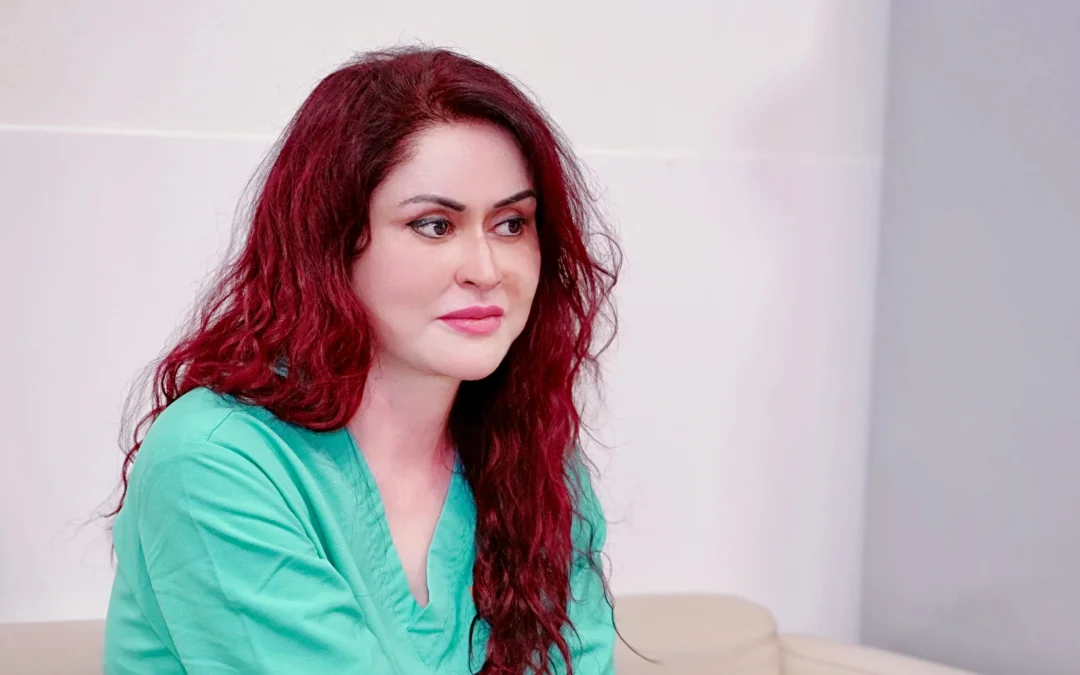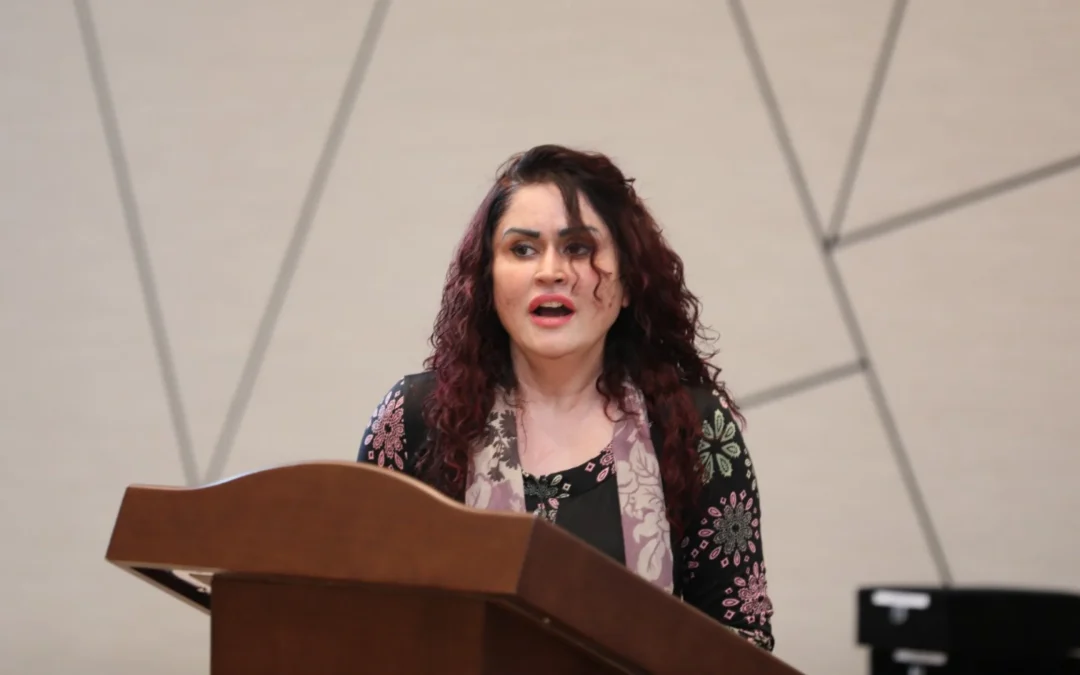
Ramadan: Is it safe to fast during pregnancy?
With the beginning of Ramadan and working in a specialty that deals with pregnant women, I thought it is time to write about fasting in pregnancy. Maybe, I should have written this before Ramadan started.
Of course, it is clearly stated in the Quran that if a pregnant/nursing mother is not strong enough to fast or if she fears for the health of her baby, she is exempt from fasting. She can either forego the whole month of fasting or do just the number of days she feels safe and strong enough to do. The lost days of fasting can be made up at a later date. There is also an alternative option of feeding a needy person for the number of days of missed fasting.
Nonetheless, a considerable number of women continue to fast during pregnancy as they find fasting later on after the month of Ramadan much more difficult as they are on their own doing it.
Besides, the option of ‘Fidya’ (donate food or money to feed the needy) is not favored either as it is felt that they are missing out on the holy gains by doing so.
With this background, I would like to answer a few questions that might be on your mind whether you have decided to fast or not.
1. Is fasting during Ramadan safe?
This is not an easy question to answer. The reason being the effects of fasting during Ramadan in pregnancy are influenced by a multitude of factors, such as the month of Ramadan (summer or not), mothers body weight, stage of pregnancy, the type of job you do, any other associated conditions during pregnancy, etc.,
So if you are of good weight and health, in the middle of your pregnancy (not too far or not too early) do not have any associated problems during pregnancy, not working or do light and less stressful work, then it might be entirely safe for you to fast.
On the other hand, if your weight is not up to the mark, have busy and physically tiring work, have associated complications in pregnancy and Ramadan is in summer, you might not be able to cope with fasting during the month.
2. What are the effects of fasting on my baby?
There are conflicting reports on whether the growth of the baby is affected or not due to fasting in the second and third trimesters, as some studies show a significant difference and some do not.
There is some evidence to say that the glucose and fat levels decrease during fasting which is expected and in some cases, this can lead to decreased growth and weight of the baby.
A decreased intake of water can reduce blood supply to the baby and hence decreased liquor (water around the baby).
Are these changes significant enough to affect the baby?
By and large, the majority of studies have demonstrated that fasting in a healthy pregnant mother doesn’t have significant adverse effects on the baby. This includes Ramadan during the summer months as well.
A healthy pregnant mother is the Key.
3. Can Pregnant women with Diabetes fast?
This is a relevant question, as Diabetes (Mellitus ) is all about your blood sugar level maintenance.
Advice regarding this again varies, the reason being, there are different types/grades of diabetes in pregnant women.
The commonest one that we come across these days is Gestational diabetes. This is very similar to Type 2 diabetes but a milder one usually. This is in fact a pre-diabetic stage that has manifested just in pregnancy and warns us of future risk of Type 2 diabetes.
Due to the modern-day lifestyle, this is much more common in women these days, especially more so among Asian women.
As this is a milder form, the majority of women are well controlled with a bit of alteration in the diet and addition of exercise.
So, if a pregnant mother with gestational diabetes decides to fast during the holy month, she might be able to do so provided she takes certain precautions (mentioned later on).
If a pregnant mother was already diabetic before pregnancy and was on either oral medications or insulin, it is an entirely different matter.
Her carbohydrate and fat metabolism which was already defective is further altered by pregnancy and if fasting is added to it, it gets further deranged.
The baby might find it hard to handle the alternating episodes of high and low sugars levels.
4. Can women with blood pressure problems or kidney disease fast ?
Pregnant mothers with chronic kidney disease are advised not to fast as it can worsen their kidney problem.
Women with a mild form of preeclampsia and blood pressure problems, who do not need more than once or twice medication can fast as long as they feel fit and fine.
If your medical problems are much more serious, then fasting is not advisable.
Key factors to be considered regarding fasting for a pregnant mother during Ramadan
- Stage of pregnancy:
- Fasting in the first trimester may cause a drop in the baby’s birth weight
- Fasting towards end of pregnancy might be safe but difficult to cope
- Number of days of fasting: This is the most important parameter of all
- Fasting for 10 days at a stretch is safe. Majority of adverse effects appear after 20 days of continuous fasting.
- Alternate day fasting might be the best way to fast or stretches of 5-10 days with a break of a few days.
- Summer month poses an additional difficulty to fasting. It is imperative that enough fluid is consumed at Ifthar and Suhoor
- Type and Quantity of food: Eating the right quantity and type of food can minimize the adverse effects. This specially applies to those with diabetes.
- Do not eat single large meal but breakit into smaller multiple meals.
- Make sure your meals consist of complex carbohydrates, enough protein and fat in addition to fruits, nuts and vegetables. which will minimize fluctuation of blood sugar levels
- Monitor for warning signs:
- Make sure you keep a watch on the baby’s movements and at any point of time if you feel it is moving less or not moved at all for a few hours, seek medical advice. Ideally your baby should move at least 10 times a day and should not be quiet for more than 3 to 4 hours.
- If you are feeling ill, have headaches, dizziness, pain or bleeding seek medical advice
- Keep repeated checks of your blood sugar if you are a diabetic. If sugar level drops to 80, consider breaking the fast and if it drops to 60, break the fast and seek medical advice.
- If you are passing very less urine or not passed urine at all for more than 6 hours, seek medical advice
- Medical consultation:
- Always consult your doctor before starting your fast, so he/she can assess your condition and advise accordingly.
- Be in touch with your doctor throughout your fasting period.
- Have more frequent consultations to check your pregnancy during the fasting period.
Whether you decide to fast or not, we are here to support you at Prime Hospital. Contact us for any further advice.
Happy Ramadan.


